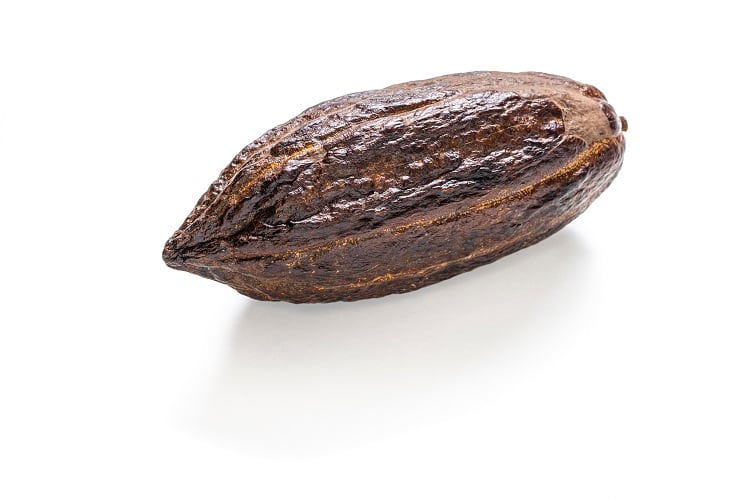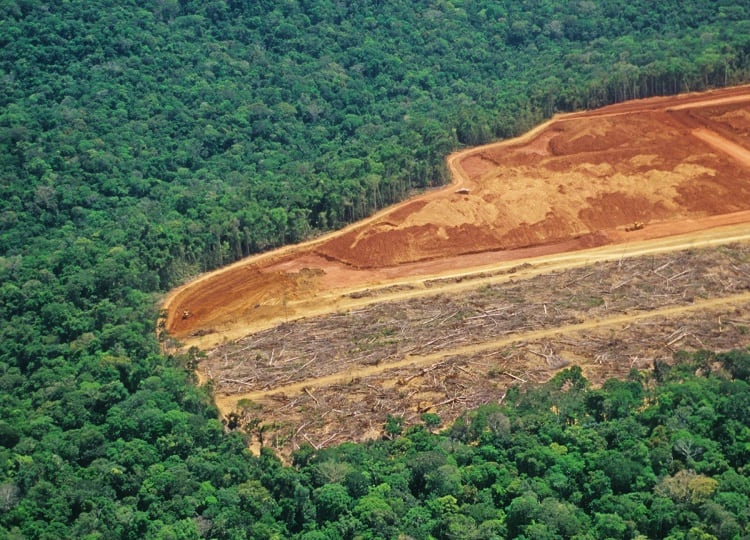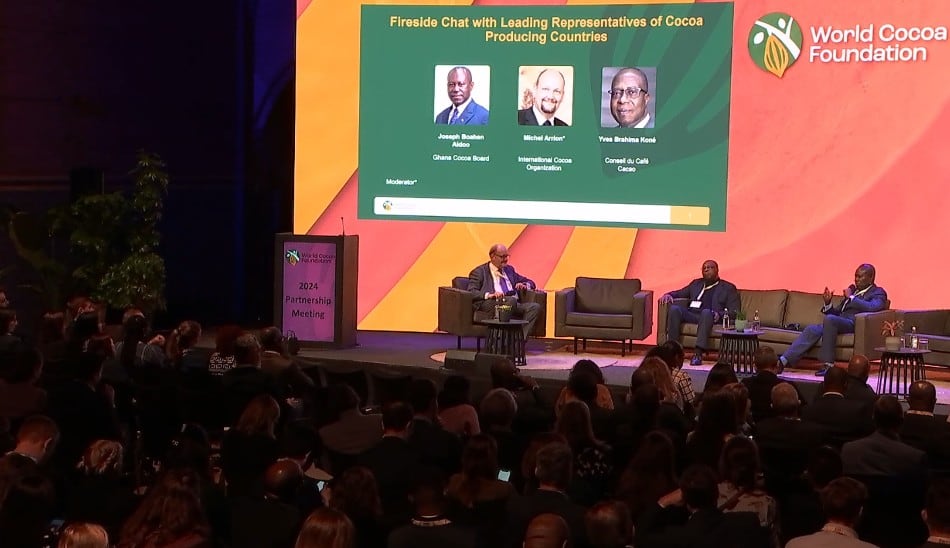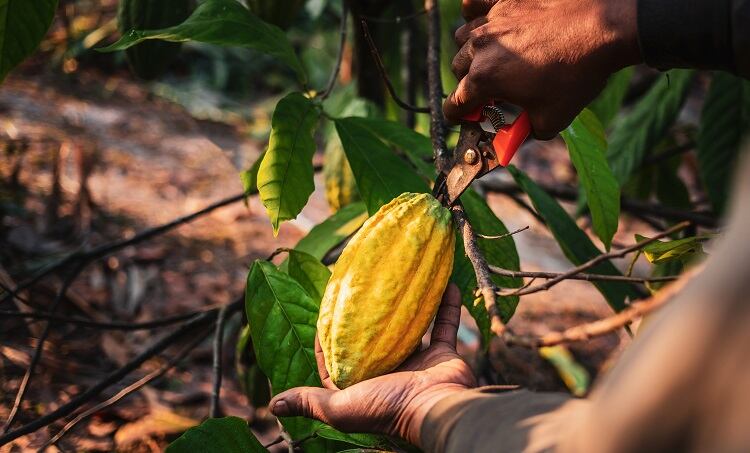As the EUDR deadline begins to loom, companies are scrambling to ready their supply chains for when restrictions come into force.
Cocoa farmers, whose production methods are under particular scrutiny due to potential links to deforestation, often face particular demands to change practices.
The African Cocoa Marketplace (ACM), a newly introduced platform for cocoa farmers, aims to help them keep solid business relationships with buyers, develop value propositions for their products, and build solid sustainability credentials for their wares.
It will also allow buyers to have greater flexibility in choosing what they want from cocoa beans, and what kind of farmers they want to buy from.
Stronger relationships
The ACM aims, first and foremost, to create stronger relationships between farmers and buyers within African cocoa.
“The ACM digital marketplace will work similarly to Amazon or AirBnB, but specifically for cocoa and cocoa-related products and services across Africa. We help buyers and sellers to craft their value propositions - what sets them apart, makes them an attractive business partner - and then market those value propositions on our platform,” Dr Kristy Leissle, founder and CEO of ACM, told FoodNavigator.
“Buyers (of cocoa beans, semi-finished products, chocolate, confectionery) will be able to search for sellers according to criteria that matter to them. For example, a chocolate company that prioritises women's empowerment might search for cocoa suppliers that have gender equity programs for farmers, or strong representation of women in leadership roles.”
Cocoa farmers usually sell their wares through producer organisations. The ACM will be used by the person in said organisations that is responsible for marketing and sales, who will act as a tribune for farmers in their organisation. The platform, Leissle hopes, will allow these producer organisations to get better prices.
“In the ACM model, buyers will have to share something about their business practices, and be transparent about what they bring to the business relationship,” she told us.
“Cocoa producer organisations will be able to search the ACM platform for buyers who offer contractual arrangements that are attractive to them.
“For too long, cocoa suppliers have been price takers, and have had to accept whatever offer comes along. ACM is changing that model. We are introducing more openness into the business relationship, so that everyone - buyer, seller, investor - can understand the value their business partner brings to the table, and can respect and reward that value accordingly.”
Aiming for sustainability
Ensuring that cocoa conforms to the EUDR raises challenges for large manufacturers, farmers on the ground, and everyone in between. Thus, having a system through which to maintain sustainability standards is vital.
ACM is still in its early stages, but it is working on two major challenges when it comes to cocoa: traceability and farm boundaries.
Farms are defined differently for farmers than for large manufacturers, and won’t always have the same boundaries during polygon mapping as they do in reality.
“The main challenge for cocoa farmers regarding EUDR compliance is data management and, maybe even more importantly, data validation. The types of data that the EUDR requires to prove that a supply chain is deforestation-free are meaningful within the EU, but that doesn't mean they are universally used or valued, “ Leissle told us.
“Satellite maps, polygons created with GPS-enabled devices, ID numbers for farmers -- these types of data are intelligible in the European context, but maybe less so in cocoa farming communities.
“One of the reasons their livelihoods may be compromised by EUDR is that cocoa farmers measure their farms in very different ways to polygon maps and satellite imagery. There are specific measures that farmers use to understand where the boundary of their farm lies, or where a forest boundary lies, and these are totally dependent upon cultural, social, and environmental context. A farmers' own measures of their farm would be impossible to capture in a polygon map.
“And when there is conflict between these different types of measures - as there inevitably will be - who do you think has more power to resolve the conflict according to their own desires: the individual smallholder cocoa farmer in Africa, or the European Union?”
Thus, the ACM aims to develop qualitive risk assessment methods that are based in farmer and community knowledge, and the ‘reality on the ground.’ This, Leissle suggested, would give more strength to the farmer’s narrative.
Similarly, it is working on traceability standards. “One of the biggest challenges to meeting traceability standards is that data is not often collected or managed on the cocoa supplier side in a way that meets expectations at the other end of the value chain.
“As we develop our pilot, we are working on ways for making data collection, management, and reporting tools available to suppliers, so that we can help them deliver full traceability information to buyers to satisfy any standard.”





